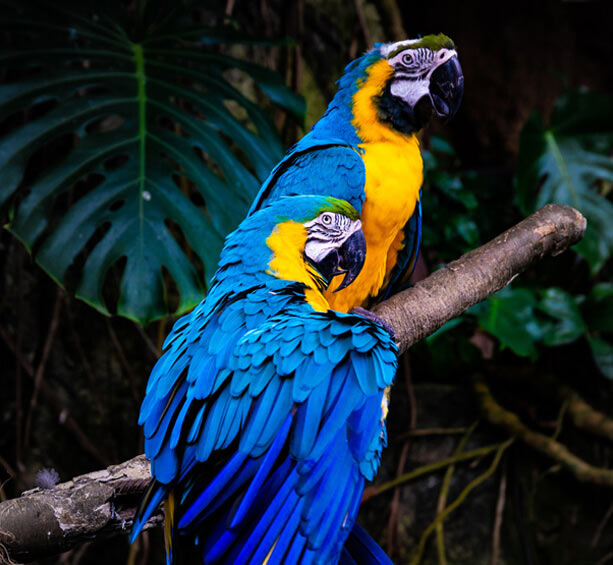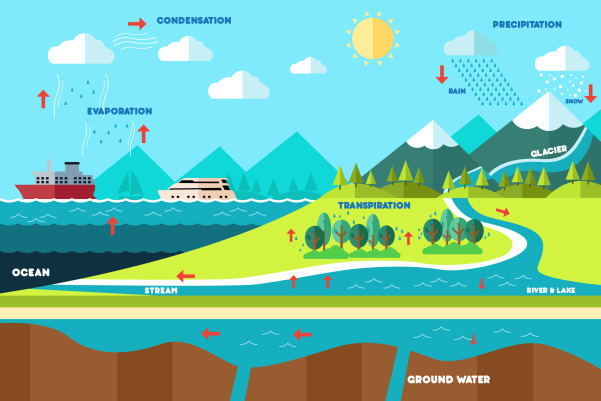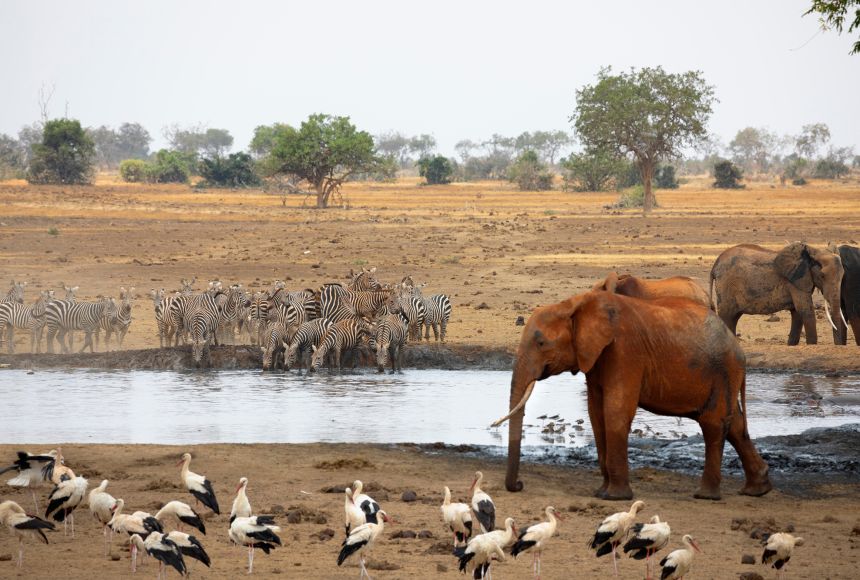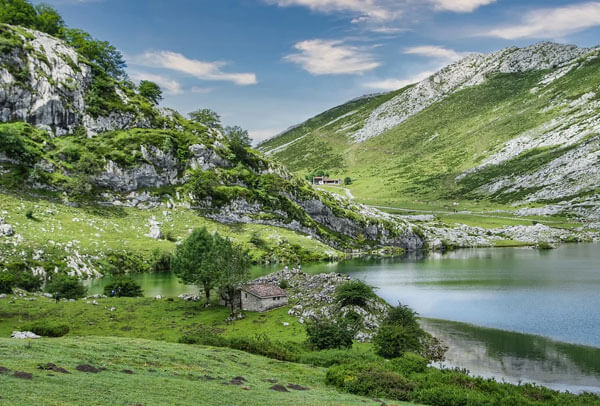Enduring conservation
success
depends on the active involvement of people and partners whose lives and livelihoods are linked to the natural systems we seek to conserve. We respect the needs, values and traditions of local communities and cultures, and we forge relationships based on mutual benefit and trust.
Commitment to
Diversity
We recognize that conservation is best advanced by the leadership and contributions of people of widely diverse backgrounds, experiences and identities. We will recruit and develop staff to create a diverse, inclusive and equitable organization that reflects our global character and Strengthen the diversity of our workforce, trustees, and board.

About Our ENVIRONMENTAL NGO (ENGO)!
We are a non-governmental organization (NGO) in the field of environmentalism. We operate both locally and internationally which makes us play an important role in dealing with different kinds of environmental issues that are happening in the contemporary world.
Employee
Projects
Birds
WHAT WE DO
One of the most distinguishable things between environmental NGOs and environmental movements is that we have constitutions that state the rules of how power gets distributed among the people who are part of them.
Regarding grant funding and project allocation, feel free to let us know if you have a unique project idea in the following areas of environmental specialization below. We shall evaluate with our donors, and if your project is acceptable, the materials needed shall be organized.

Hydrology
The hydrologic cycle, as a fundamental Earth process, plays a crucial role in sustaining life on our planet. Through this natural phenomenon, water is transported to plants, animals, and human beings, making it essential for their survival.

Ecology
As a leading environmental NGO (ENGO), we firmly believe that ecology plays an indispensable role in our world, significantly impacting human wellbeing and prosperity. By providing valuable insights into the intricate interconnections between humans and nature,

Agroforestry
As a dedicated environmental NGO (ENGO), we place great importance on agroforestry as a vital strategy for adapting to and mitigating climate change. Based on recent scientific findings, agroforestry offers a multifaceted approach to address the impacts of climate change by;

Nature Conservation
As a dedicated environmental NGO (ENGO), we place immense importance on conserving wildlife and their habitats to ensure a thriving natural world for future generations to cherish. By gaining a comprehensive understanding of the complex interplay

Regenerative Agriculture
As a forward-thinking environmental NGO (ENGO), we firmly believe in regenerative agriculture's potential to revolutionize the way we produce food while addressing climate change and promoting biodiversity.

Environmental Protection
As a prominent environmental NGO (ENGO), we recognize that our most critical mission is to preserve the natural environment by mitigating the negative impacts of factors such as population growth, technological advancements,

Environmental Remediation
As a dedicated environmental NGO (ENGO), we place great importance on environmental remediation, a critical process that eliminates pollutants and contaminants from both groundwater and surface water, as well as soil. This vital work not only safeguards human health but also plays a crucial role in restoring and protecting our precious natural resources.
Our Mission
- To protect, improve and restore our environment through regulation, scientific knowledge and working with others.
- To formulate policies and plans on environmental protection, energy, nature conservation and the promotion of sustainable development.
- To provide world-class physical infrastructure for the treatment and disposal of waste and wastewater.
The Number Of People Who Have Taken Action With Us On Our Save Wildlife Campaign

